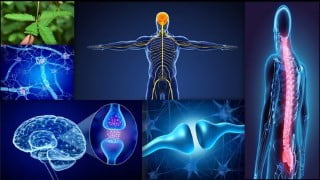Introduction to Biology
Introduction to Biology is an introductory course in the biological sciences. Topics included are biological macromolecules, cell biology and metabolism, DNA structure and genetics, plant biology, evolution, an overview of the anatomy and physiology of the major organ systems, ecology, and behavior.
Course Objectives
After completing this course, students will be able to:
Describe the chemical composition of cells and analyze the metabolic processes that happen at the cellular level.
Explain the structure and function of various cell types and their intracellular organelles.
Distinguish between mitosis, meiosis, and cytokinesis.
Compare and contrast the various patterns of inheritance.
Elucidate the various applications of genomics and biotechnology.
Analyze the physical structure and reproductive strategies of plants.
Trace and evolution of invertebrates and create a cladogram showing different classes of invertebrates.
Summarize the evolution of vertebrates as well as the evolution of modern humans.
Give an overview of the circulatory, digestive, excretory, sensory, and respiratory systems and describe their major functions.
Classify living organisms and assess their effect of the biosphere.
User Reviews
Be the first to review “Introduction to Biology”
You must be logged in to post a review.








There are no reviews yet.